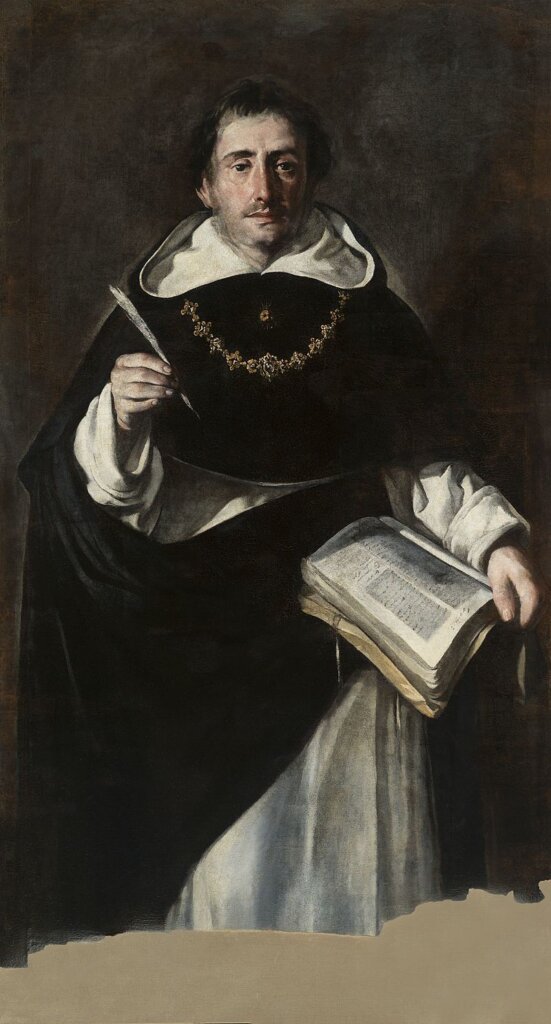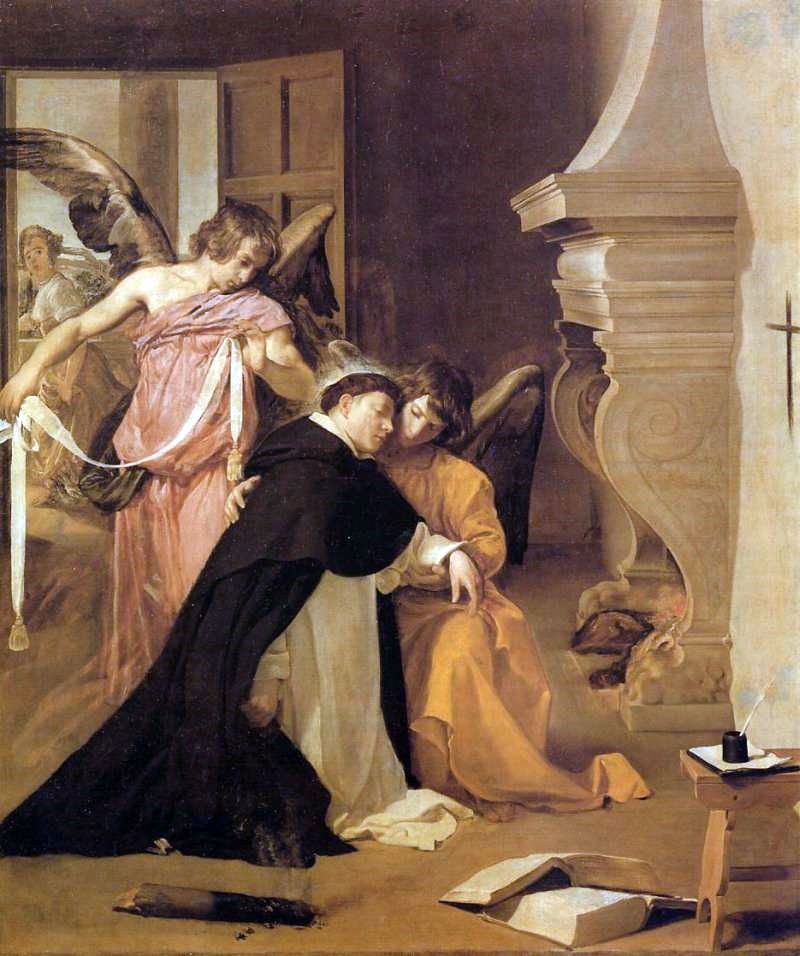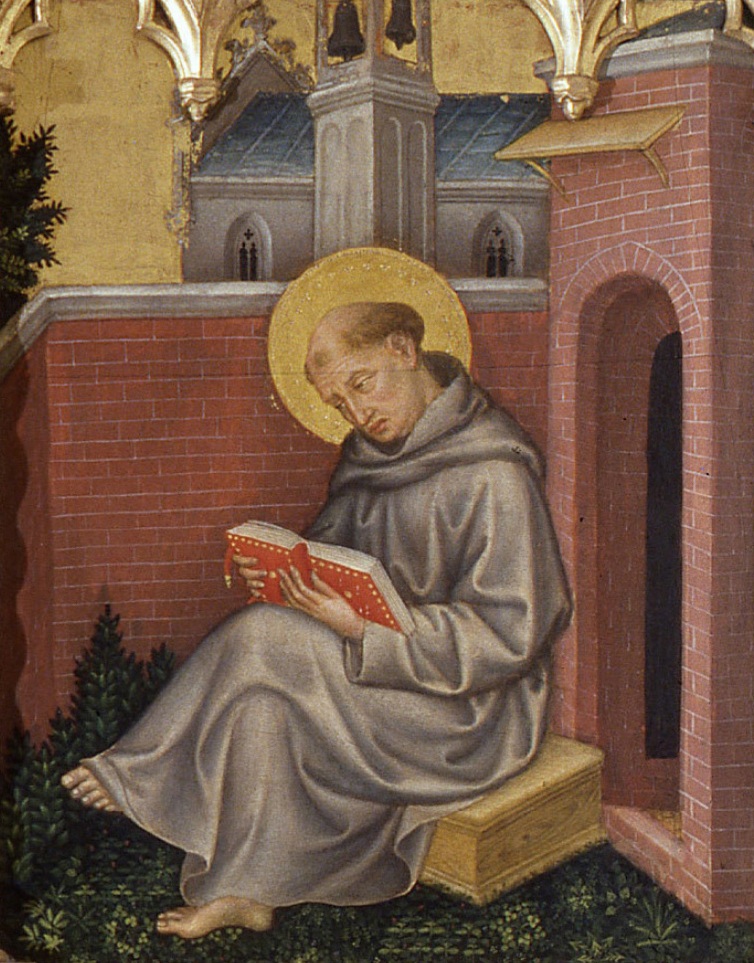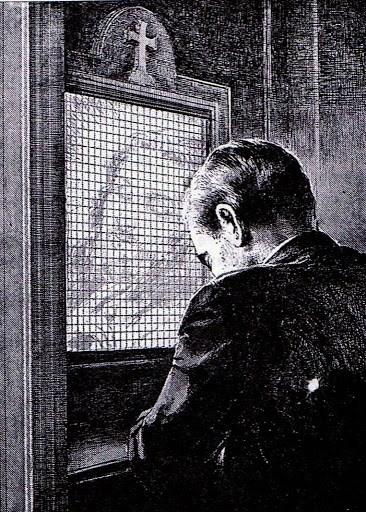
With Lent comes fasting—and fasting is, for most of us, the most challenging part of the Lenten season.
It’s not easy to persevere in our sacrifices and intensified prayer. But disciplining our appetite is especially difficult. Physical appetites are strong and we’re weak!
We don’t have to let our failures get us down, however. We can petition God for His grace, seek inspiration through the writings of the saints and theologians of the Church, and try again.
The truth is, fasting has an irreplaceable role in the spiritual life. It brings about powerful spiritual growth. Jesus Himself told us that some demons could only be driven out by prayer and fasting (Mark 9:29). And yet fasting is something that we modern Catholics tend to struggle with.
If we understand why fasting is so important, our will to do it can be strengthened.
So, why is it important?
Three Reasons Why We Fast According to St. Thomas Aquinas

The glorious St. Thomas Aquinas gives us three important reasons for fasting from his Summa Theologica.
He begins by reminding us what defines a virtuous act:
An act is virtuous through being directed by reason to some virtuous good. Now this is consistent with fasting, because fasting is practiced for a threefold purpose.
And here are his three reasons:
1. To conquer lust.

First, in order to bridle the lusts of the flesh, wherefore the Apostle says (2 Corinthians 6:5-6): “In fasting, in chastity,” since fasting is the guardian of chastity. For…lust is cooled by abstinence in meat and drink.
St. Thomas Aquinas
In other words, denying ourselves food and drink helps us to control our other appetites and passions. Practicing self-denial in one area helps us practice temperance in all areas.
2. To help our minds rise above material things and contemplate heavenly realities.

Secondly, we have recourse to fasting in order that the mind may arise more freely to the contemplation of heavenly things: hence it is related of Daniel (Daniel 10) that he received a revelation from God after fasting for three weeks.
St. Thomas Aquinas
When we are not concerned with food and drink, or lulled into comfort by the effects of a good meal, we can more readily focus our entire attention on God.
3. To atone for our sins.

Thirdly, in order to satisfy for sins: wherefore it is written (Joel 2:12): “Be converted to Me with all your heart, in fasting and in weeping and in mourning.” The same is declared by Augustine in a sermon: “Fasting cleanses the soul, raises the mind, subjects one’s flesh to the spirit, renders the heart contrite and humble, scatters the clouds of concupiscence, quenches the fire of lust, kindles the true light of chastity.”
St. Thomas Aquinas
There are few better ways to offer repentance for our sins than by fasting. We take on discomfort and the pangs of hunger and give it all to Our Lord in sorrow for the ways in which we have turned against Him.
Of course we need good, healthy food, and delicious food can be an incredible blessing and enjoyment. We should enjoy it!
But at times it is good to free ourselves from our bodily appetites and offer them to God in prayer and repentance. The penitential seasons of Lent and Advent are set aside for this by Holy Mother Church,
As we move toward Lent, will you make fasting a key part of your Lenten plan?
Are you looking for the perfect Lenten devotional? Take a look at The Life of Christ, a new 40-day Lenten series from Good Catholic. It’s perfect for any Lenten plan. Sign up today and take the journey with us!
ByGenevieve CunninghamPublished January 29, 2021 at 10:54 am Series
//Good Catholic//

